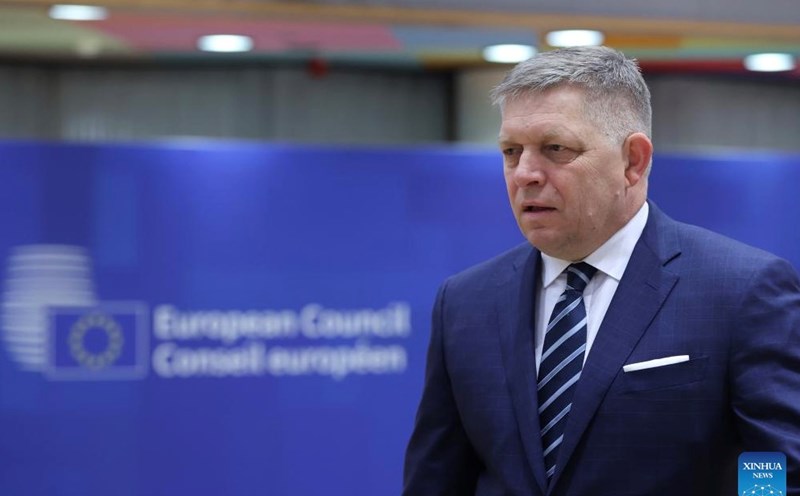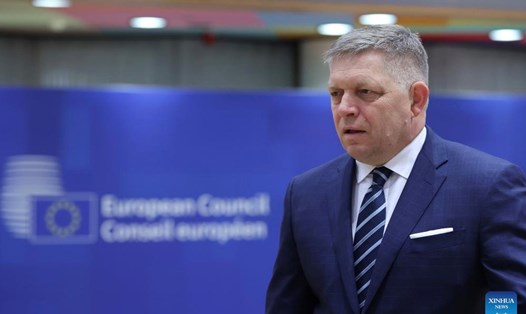Transnistria's separatist leader Vadim Krasnoselsky said that Transnistria had spoken to Moldovan authorities two days earlier about its readiness to agree to a deal to receive and pay for gas supplies by the state company Moldovagaz.
He called on Moldova to act "in the interests of citizens, social organizations and businesses that are struggling due to the lack of gas".
Mr Krasnoselsky proposed supplying gas to the Moldovan border through an independent private gas company. Moldovan government press secretary Daniel Voda said officials were considering the proposal.
Since January 1, Ukraine has refused to extend the agreement on the transit of Russian gas through its territory to European countries and territories, including Moldova, affecting Transnistria. Residents of Transnistria have been without electricity and heating since the beginning of this year.
Reuters commented that the agreement between Moldova and the breakaway region of Transnistria not only opens up a way out for Transnistria but also opens up a new direction for customers in Austria and Slovakia.
On January 20, Transnistria residents were still experiencing a five-hour rolling blackout. Local officials said residents of high-rise apartments had been without heating for nearly three weeks. Transnistria has enough gas reserves to last 11 days at current consumption levels.
Amid the ongoing gas crisis, Moldova has urged Gazprom to transport Russian gas via alternative routes, including pipelines through Türkiye, Bulgaria and Romania.
Gazprom said it would not send gas to Moldova until it paid off an estimated $709 million debt. However, Moldovan officials dispute the debt.
The breakaway region of Transnistria receives free Russian gas via Ukraine, which Mr Krasnoselsky calls “humanitarian gas”.
Moldovan President Maia Sandu offered financial assistance to Transnistria over the weekend. But she noted that such assistance would only be possible if the 1,500 Russian peacekeepers currently deployed in Transnistria were withdrawn. Russian troops have been deployed in Transnistria since a brief 1992 war between Transnistrian separatists and the Moldovan state.







